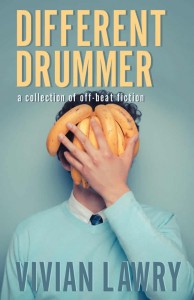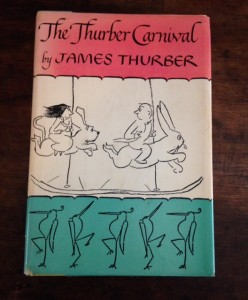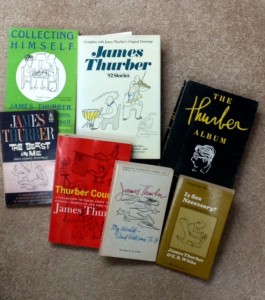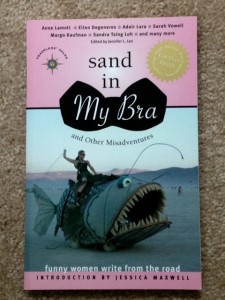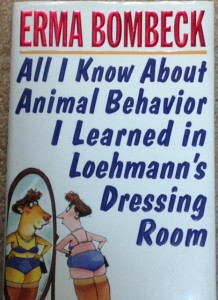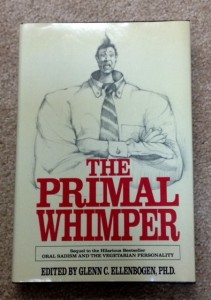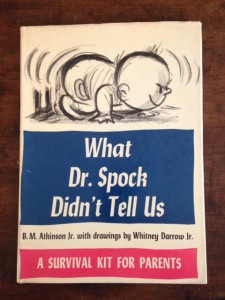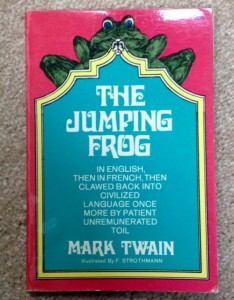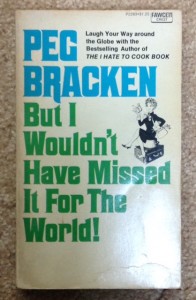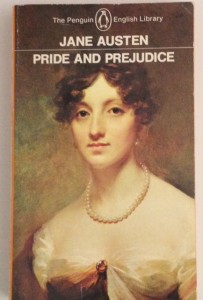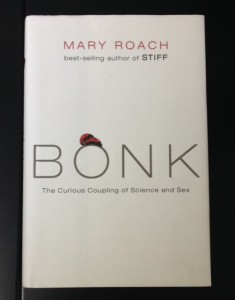Join The Belly Laugh Bounce Around the World: on January 24 at 1:24 p.m. local time, smile, throw your arms in the air and laugh out loud.
Suggestions for acts and activities can be found at bellylaughday.com.
Why bother? Because laughter is good for your physical and mental health!
According to the Mayo Clinic:
When it comes to relieving stress, more giggles and guffaws are just what the doctor ordered. Here’s why.
[NB: I’ve changed some formatting and left out some bits, but you can fill those in by going to the Mayo Clinic website.]
Short Term
A good laugh has great short-term effects. When you start to laugh, it doesn’t just lighten your load mentally, it actually induces physical changes in your body.
- Stimulate many organs.
- Laughter enhances your intake of oxygen-rich air, stimulates your heart, lungs, and muscles, and increases the endorphins that are released by your brain.
- Activate and relieve your stress response.
- A rollicking laugh fires up and then cools down your stress response, and it can increase and then decrease your heart rate and blood pressure. The result? A good, relaxed feeling.
- Soothe tension.
- Laughter can also stimulate circulation and aid muscle relaxation, both of which can help reduce some of the physical symptoms of stress.
Long Term
Laughter isn’t just a quick pick-me-up, though. It’s also good for you over the long term.
- Improve your immune system.
- Negative thoughts manifest into chemical reactions that can affect your body by bringing more stress into your system and decreasing your immunity.
- By contrast, positive thoughts can actually release neuropeptides that help fight stress and potentially more-serious illnesses.
- Relieve pain.
- Laughter may ease pain by causing the body to produce its own natural painkillers.
- Increase personal satisfaction.
- Laughter can also make it easier to cope with difficult situations.
- It helps you connect with other people.
- Improve your mood.
- Many people experience depression, sometimes due to chronic illnesses. Laughter can help lessen your depression and anxiety and may make you feel happier.
How’s Your Sense of Humor?
- Ask the professionals.
- Find a few things that make you chuckle, such as photos, greeting cards or comic strips, and hang them up at home or in your office.
- Keep funny movies, books, magazines or comedy videos on hand for when you need an added humor boost.
- Look online at joke websites.
- Go to a comedy club.
- Find a way to laugh about your own situations and watch your stress begin to fade away.
- Even if it feels forced at first, practice laughing. It does your body good.
- Consider trying laughter yoga: people practice laughter as a group. Laughter is forced at first, but soon turns spontaneous.
- Share a laugh.
- Make it a habit to spend time with friends who make you laugh.
- And then return the favor by sharing funny stories or jokes with those around you.
- Knock, knock.
- Browse through your local bookstore or library’s selection of joke books and add a few jokes to your list that you can share with friends.
- Retelling jokes or anecdotes that are stale or dated could be a good indicator of a character’s age or social awkwardness.
- Know what isn’t funny.
- Don’t laugh at the expense of others.
- Some forms of humor aren’t appropriate.
- Use your best judgment to discern a good joke from a bad or hurtful one.
- A hurtful sense of humor might indicate a character’s villainous nature before any deliberately villainous acts.
Go ahead and give it a try. Turn the corners of your mouth up into a smile and then give a laugh, even if it feels a little forced. Once you’ve had your chuckle, take stock of how you’re feeling. Are your muscles a little less tense? Do you feel more relaxed or buoyant? That’s the natural wonder of laughing at work.
Dr. Lee Berk and Dr. Stanley Tan (Loma Linda University) have found the following physical health benefits:
- Lowers blood pressure
- Reduces stress hormone levels
- Works your abdominal muscles
- Improves cardiac health
- Boosts T-cells
- Triggers the release of endorphins
- Produces a general sense of well-being
Humana.com adds the following:
- Relieves pain
- Burns calories
- Increases blood flow
Still not convinced? Go online and read for yourself!
And while you are at it, better know your laughter! There are as many words for laughter as there are for types of laughter. Consider the positive and negative connotations of the following:
- Guffaw
- Giggle
- Snigger
- Chuckle
- Chortle
- Titter
- Howl
- Roar
- Snicker
- Cackle
- Shriek
- Snort
Bottom line: When it comes to laughter, too much of a good thing is still a good thing!





















